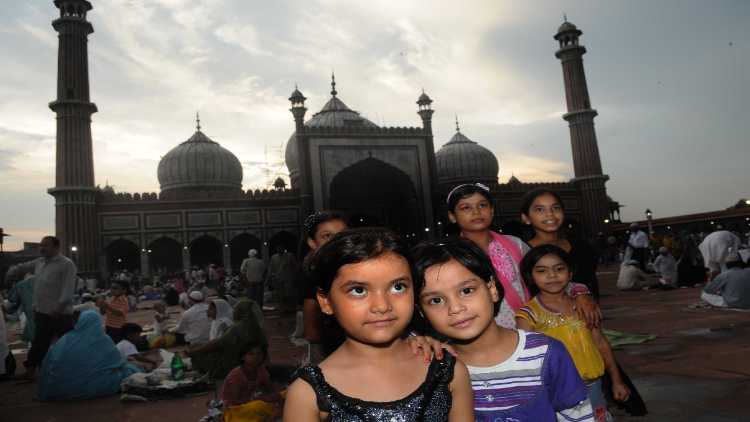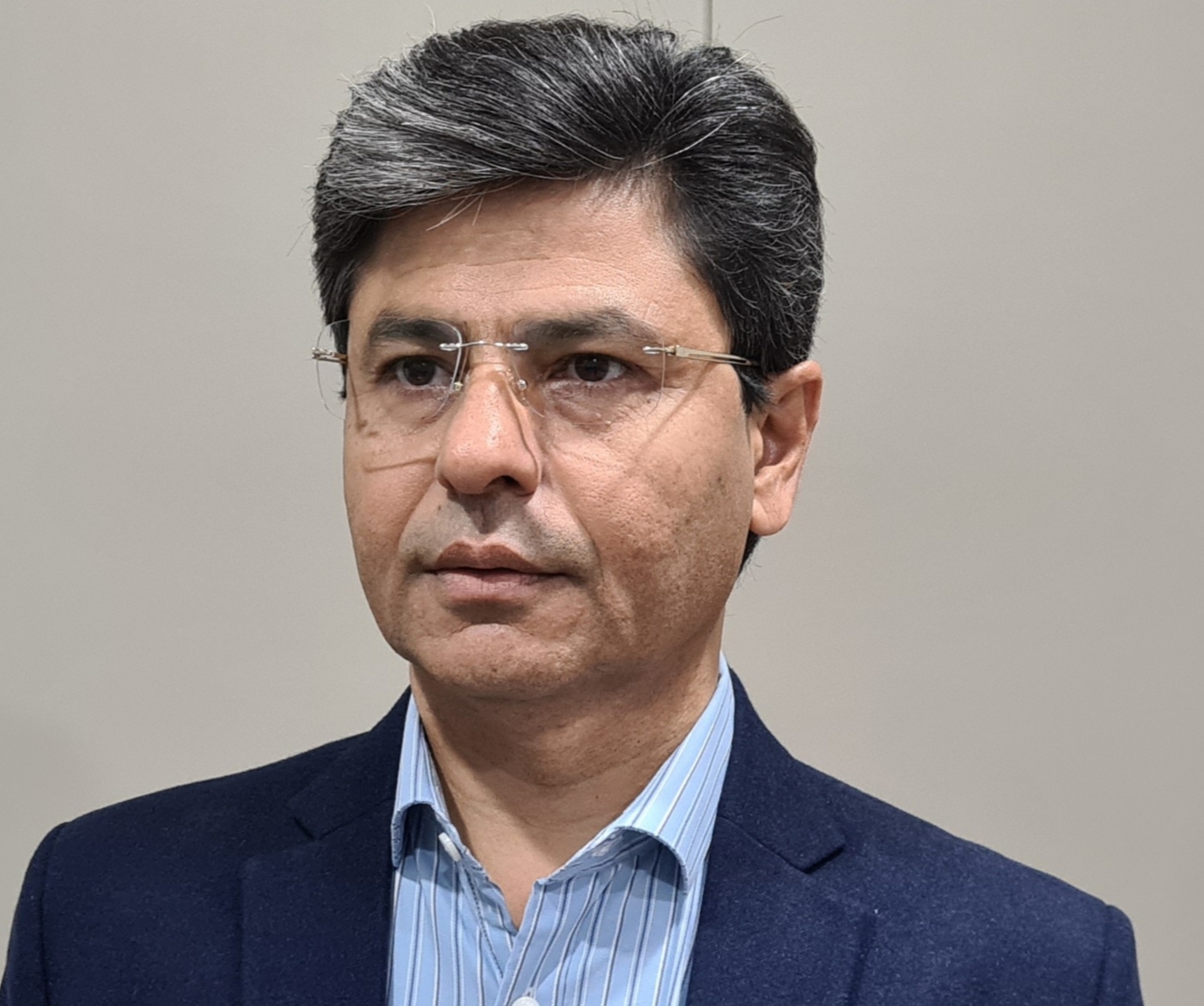
 Atir Khan
Atir Khan
Syed Waseem Rizvi, former UP Shia Central Waqf Board chairperson, has stoked a major controversy by filing a public interest litigation in the Supreme Court seeking the removal of 26 verses of the Quran. His move has invited widespread criticism but it has also drawn attention towards the need for religious reforms. And necessity of an effective system of ijtihad and taqlid in India.
What Rizvi has demanded is perceived to be “obnoxious,” his move has come as a shock to many and has invited condemnation from the Muslim world, even from the leaders of the BJP in Kashmir. Rizvi has challenged the sanctity of Quran. This is completely unacceptable to Muslims.
According to Professor Faizan Mustaf, vice-chancellor of Lalsar University, Hyderabad, Quran is not a law by a source of law. It was not enacted in the Parliament, so why approach the Supreme Court to remove certain verses which came from the court of Allah Talah. He sarcastically adds: Rizvi should have made Allah the respondent in the PIL rather than preparing a “big mindless” list of respondents.
There is an uproar in the Islamic world with all Muslims organisations, irrespective of being Sunni or Shia, are together against Rizvi’s decision. Muslims believe Islamic law is made through a process of Qiyas, which is a private entity. And nobody has the authority to challenge it.
Therefore, slogans were raised against Rizvi and people demanded his surname be replaced with some expletive. Even Rizvi’s family has distanced itself from him saying his mother, sisters and brothers have got nothing to do with him and his nonsensical antics. Devout Muslims have demanded that he should also not be given a place in a graveyard after his death. Such is the level of anger. Somebody also put a bounty on his head.
So, what has Rizvi actually done? Well he has sought changes in the Quran, in fact removal of certain verses which deal with the Islamic concept of jihad. And he has moved the country's apex court for this purpose.
To understand the reason for this kind of reaction it is important to understand the sanctity of the Quran. Quran, the holy book of Islam is the most recent of the major sacred scriptures to have appeared in human history. It includes the prophetic proclamations of Prophet Mohammad (PUH) in Arabic, collected after his death in definitive written form and meticulously transmitted through the centuries.
More than a billion Muslims around the globe consider it to be the eternal word of God, who sent down the scripture as his final and divine revelation and commissioned Mohammad (PUH) to the last prophet to proclaim his divine will for all of humanity to follow. God is the speaker of Quran and Mohammad its recipient; the Quran itself is considered the verbatim word of God, revealed in clear Arabic to Mohammad (PUH). This book is supposed to be learnt by heart by all good Muslims.
Now Rizvi in his petition, which he claims to be of public interest, that the Quranic verses he is seeking to remove were not the part of the original text but were added later by efforts of the caliphs.
The verses in question according to him promote violence in the minds of Muslims as they speak about jihad against the non-believers. However, it has evoked a very strong reaction, all the Muslim leaders have described it as unnecessary, non-sensical and sacrilegious.
While what Rizvi has done is unacceptable to every practising Muslim, but at the same time his move has drawn attention of Muslims towards need of ijtihad, the inherent concept is Islam, which makes Rizvi’s move redundant and highly critical.
In Quran, jihad is a broad concept, which deals with self-discipline and other social evils. But it has largely been interpreted in the concept of fighting against infidels (kafirs). It is this misinterpretation which has led thousands of Muslim youths to the path of terrorism or misplaced fascination towards it, ultimately to self-destruction and bringing a bad name for their community.
In spite of ISIS, Al-Qaeda, Lashkar-e-Tayba and all other allied terrorist groups carrying out heinous crimes in the form of violent terrorist activities, no country in the world including India has ever raised any fingers on Islam as a religion. But the objection has been only to the misinterpretation of the concept of jihad and how certain Muslims have perceived it.
According to Mufti Ahmed Nadir, jihad in Islam is often misinterpreted. Even in early days of Islam jihad was invoked for self-defence, even during the wars with groups and communities whose intention was to harm Muslims. But it doesn’t mean that jihad is only associated with violence. It also applies for self-discipline against all evils. There is a need to stress the latter part.
Undoubtedly Islam needs to evolve with changing times but in as per the method laid down in the religion. One cannot change the holy text in Quran even till Qayamat. This is the general thought among Muslims on this issue. But they also realise that there is a need to evolve with time.
The point is that jihad is not the only concept which needs correct interpretation but there are various other issues which need to be addressed for Muslims to be progressive and prosperous.
Unfortunately, ijtihad and taqlid are two important concepts in Islam which have been relegated to the background but it needs immediate attention if Islam were to improve its perception, from a violent religion to a peace loving and inclusive religion.
In general, ijtihad means the exertion of effort, and in Islamic legal thought, it refers to the effort to determine Allah’s will- the correct ruling- regarding a legal matter. One who practices ijtihad is termed as mujtahid. Taqlid means adopting the opinion a mujtahid or other legal authority has reached, accepting it as authoritative.
Ijtihad is a process through which experts (Islamic jurists) in the religious sciences explore and define the parameters of Islam. The sacred law of Islam establishes values and boundaries of Islamic society, and since not every Muslim is so situated that he can devote himself to religious and legal study, common sense dictates that such believers regularly practice taqlid, following the guidance of mujtahid.
Ijtihad was a process through which ra’y (Opinion) was formed. If the considered opinion of a given jurist met widespread approval, it might come to be seen as properly authoritative, regardless of its basis in the Quran and Sunnah.
Another concept associated with ijtihad is Qiyas, or reasoning by analogy. Qiyas like r’ay, is a device one uses to answer questions that the Quran and sunnah leave open. One uses ijtihad to apply qiyas to particular questions. Ijtihad could also mean the ability to find a new Islamic legal tradition.
According to Mufti Ahmad Nadir, research scholar at Islamic Fiqh Academy, ijtihad could be carried out only if the question doesn’t involve zaruriyat-e-deen. Meaning the point in discussion should not be compromising the basic beliefs or zikr of Islam. And there is no mention of the point in discussion either in Quran or Sunnah. Only then it falls under the purview of ijtihad.
In India Islamic Fiqh Academy, India, Mabahis Fiqhiah Deoband, Sharia Council, Jamat-Islami are three major centres of ijtihad. During ijthad, matters related to Muslim lifestyle, day-to-day affairs, propriety of insurance, investment in share markets, surgery, zakat have been taken up.
Other important matters such as need for use of loudspeakers in mosques are also discussed. Also issues such as whether slaughtering of animals in slaughter houses with the help of machines should be valid in Islam or not.
Such platforms are important centres for decision making. They are centres, which Muslims look up to in baffling issues related to religion they believe are in conflict with Islam. These bodies should ensure there is no violation of Islamic beliefs but at the same time, they should come up with timely solutions. There is a need for more such bodies which arrive at a common decision on modern issues.
Reforms in Islam are a prerequisite for it to reclaim itself as a peace loving and forward-looking religion rather than a regressive one. It is important to have able and intelligent Muslim jurists who could deliberate on such important and sensitive matters and decisively come up with solutions for the Muslims. It is in the absence of such decision making and laidback attitude on pending matters, tensions are created.
Muslim mathematicians like Al-Khwarizmi, astronomers like Al Battani and physicians like Ibn Sina were among the world’s most renowned scholars. However, by the modern era, little evidence of this greatness remained.
Reformers were convinced that Islam’s eclipse had resulted from Muslims’ dereliction of duty and violations of their own principles. Muslims had fallen into comfortable traditionalism, conveniently following the paths of their ancestors rather than forging new paths and meeting new challenges with confidence.
Now that Rizvi’s petition has been filed in Supreme Court, the latter will take a call on admitting it and hearing it. But the point remains that Indian Muslims without compromising on their religious beliefs will also have to evolve as a peace loving and progressive community.
